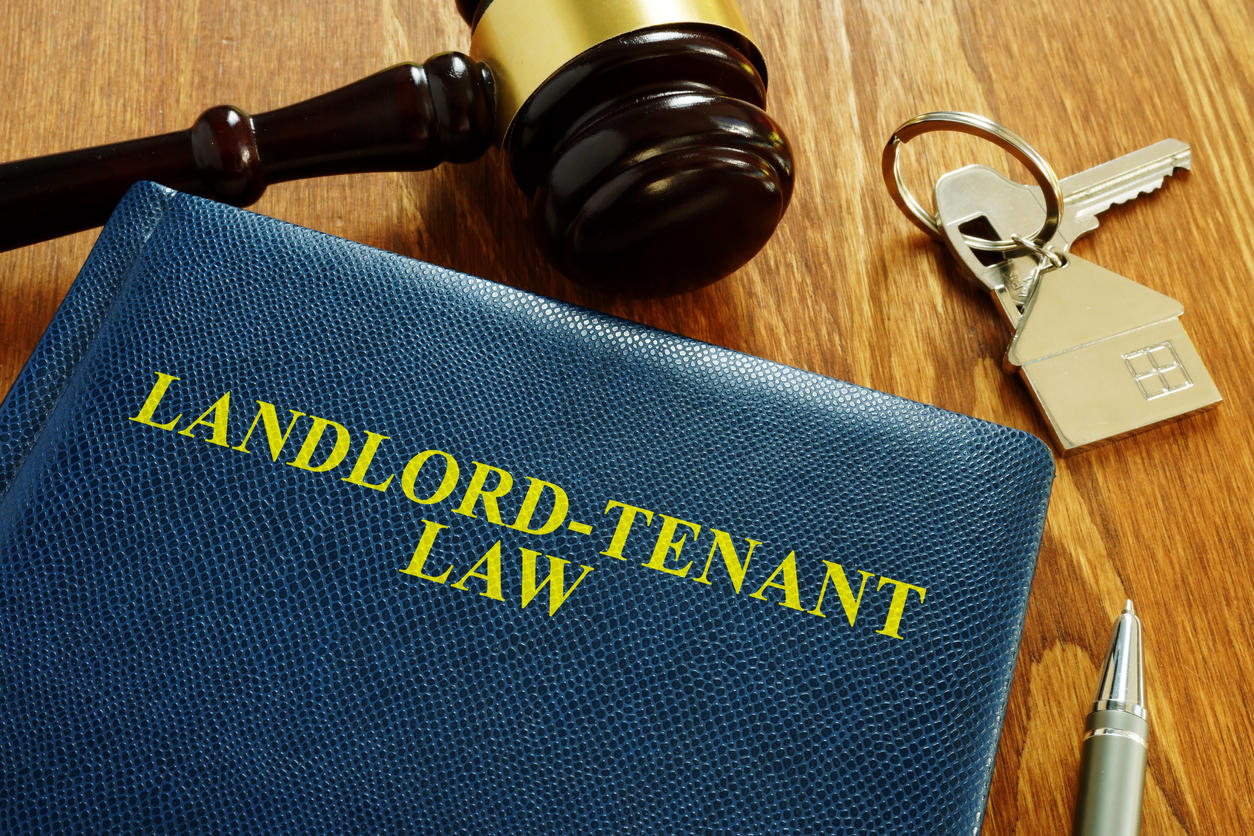
There are specific laws in place to protect tenants. Renters need to remain informed so they know their tenant rights and can stand up for themselves if needed. Those renting an apartment, home, or condo have many rights they may not be aware of associated with the living space, its use, and the landlord’s responsibilities.
There are a set of federal, state, and local laws that make up reenter’s rights. They were created to prevent housing discrimination and rent gouging while ensuring that tenants have a safe, clean place to live. They also provide tenants with legal recourse if the landlord does not maintain the space well enough. As a renter, there are many rights and protections you are entitled to. Learn about these rights to make good decisions and be prepared for any potential issues that may arise.
Fair Housing Rights
The federal Fair Housing Act protects those who apply to rent from rejection based on race, color, religion, age, sex, national origin, family status, or mental or physical disability. Other local laws are likely further to prohibit this as well as discrimination in other categories.
The Fair Credit Reporting Act requires that those who get rejected based on a credit check are advised by the landlord to make a written request to determine the negative information.
Also, for those with disabilities applying to rent, the landlord must make reasonable accommodations like installing ramps or leasing a unit on the first floor.
Major remodeling is not typically a requirement, but if the building or unit contains lead paint, that must be disclosed prior to renting.
Right to a Habitable Home
Tenants have a right to a habitable residence, meaning that the space must be reasonably safe to live in with access to heat, utilities, and water and without dangerous conditions. It is the landlord’s responsibility to make necessary repairs to up-keep a residence while you reside there.
In addition, you also have a right to privacy. Your landlord is not legally permitted to come into your home without giving you proper notice. Your state may have specific laws regarding how much notice a tenant must be given if the landlord needs to enter for repairs or show the unit when the lease is coming to an end.
Right to Your Security Deposit
Most renters are asked to put down a security deposit to protect the landlord against damage you may cause. Depending on where you live, there may be a cap on these deposit amounts, but even if there isn’t one, your landlord must treat all renters equally, without imposing a higher deposit for no good reason.
State laws will determine the amount of time the landlord has to return the deposit and if interest will be accrued. If some of your deposit is kept, it is your right to be given formal written documentation of the damage it is being used for.
Eviction Rights
Landlords are legally allowed to evict someone if they breach the lease contract, such as failing to pay rent, have people or animals living with them when the lease does not permit them, or if renters commit a crime on the premises.
Renters always have a right to a notice of a claim of eviction and time to pay the unpaid rent or fix the breach. Renters are given the opportunity to file an answer with the court and present their side of the story.
Be a Wise Tenant
You can protect your renter’s rights by reading your lease carefully to understand what you’re agreeing to. Be sure to take photos before you move in to show the condition of the unit.
It is best to have open communication with your landlord and immediately report any repairs when you notice they are needed.
Consider joining a tenants’ association to help you understand your rights, get help with legal assistance, and develop more substantial bargaining leverage with the landlord.
Getting Help
You also have the right to take legal action if your landlord breaches the lease, does not return your deposit (or deducts from it without reason), or does not keep your unit in reasonable condition.
It is also illegal for your landlord to retaliate against you, such as raising your rent, evicting you, or refusing to care for the unit just because you want to take advantage of what is within your rights, and you can file a claim to enforce your rights. If your landlord files a case against you, you have a right to a formal notice and time to respond and address the complaint. You always have the right to defend yourself in court and appeal any court decision.
About Sine Insurance
At Sine Insurance Group, we are dedicated to providing you with custom-tailored insurance policies to protect your assets. Our comprehensive packages have been expertly crafted to serve St. Louis and the surrounding areas for the past 25 years. For more information about our products, contact us today at (855) 700-0889.

